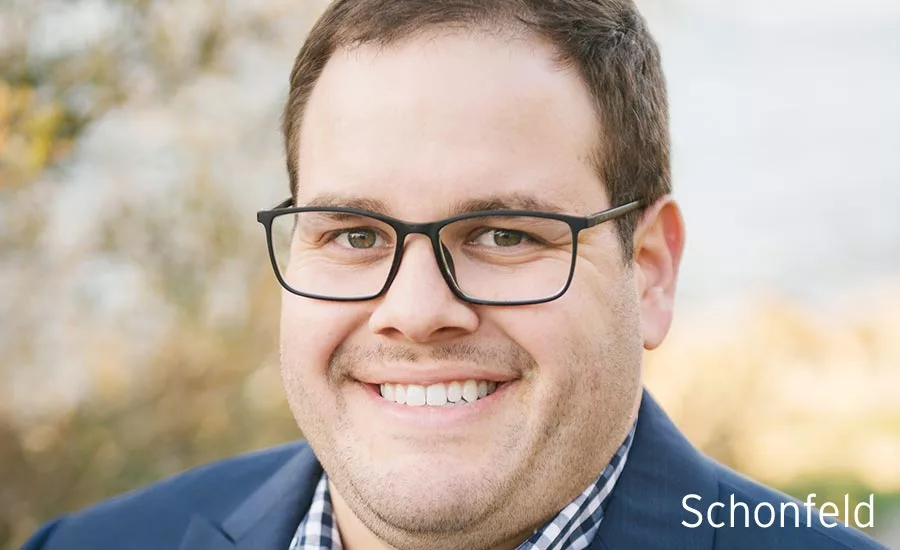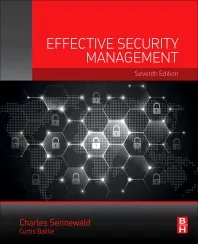Security Talk
Good Security News from Guerrilla Mask Movement


It all started when, Henry Park, CEO of 3GC Group, was seeking masks for his wife, a pediatrician working with limited access to protective equipment. Gene Chuang, CTO of p.volve and founder of LA CTO Slackers, joined shortly thereafter, a fellow tech guy whose wife is also a pediatrician.
After procuring a number of N95 masks and contacting other frontline workers to deliver excess masks, a second effort to procure more masks began, continuing a cycle of fulfilling orders, and ordering more supplies.
As more friends and partner companies heard of and volunteered to help with the expanding effort, from supply procurement to logistics, delivery, platform assistance and vetting requests, a movement was born.
As of today, the GMM has 70 volunteers and three companies helping to coordinate a massive effort to continue providing life-saving masks to the increasing number of frontline healthcare professionals in need.
Ryan Schonfeld, Founder and CEO, RAS Watch, is actively involved and serves on the GMM Board.
How does it work?
Schonfeld: GMM cuts through the administrative red tape to place needed PPE directly in the hands of healthcare and frontline workers. The organization collects both donations and money to help purchase the necessary supplies and distribute to a network of Guerrilla Agents and facilities that sign up to receive help.
What has your involvement been?
Schonfeld: I serve on the Board for the organization, and my role has been supply chain management, quality control and public safety liaison. Early on, the organization received a number of donations of N95 masks, but what we found out was that the market was flooded with counterfeit products that do not meet the basic standards set forth by healthcare regulations, so it was necessary to ensure the supplies we were receiving met basic guidelines.
How do you tell if the supplies are counterfeit?
Schonfeld: When we discovered the counterfeit supplies, we realized we needed a process to examine them, so that we were not distributing materials that gave a false sense of security against the dangerous disease that is COVID-19. We set up a non-lab environment to help test the donated supplies, but a majority of the products tested did not pass or the products were seized overseas and did not make it to the intended destination. That is when we realized we also needed to strengthen our supply chain and logistics plan. I worked with the contacts and connections I had within a few global companies to solidify and validate quality products, so that we could reach our goals of providing these materials to healthcare workers.
What are the ways that this movement has generated support and momentum?
Schonfeld: GMM has been able to donate to a number of healthcare and nonprofit organizations, including the People Assisting the Homeless (PATH) organization. PATH provided masks and PPE to some of Los Angeles’ homeless population and provides education for how to stay safe and healthy during this time. The organization has primarily been funded through individual donations through a GoFundMe page, but has begun receiving corporate sponsors that are matching and making other donations to our cause.
Why did you feel compelled to join this effort?
Schonfeld: I am a first responder by nature. In the same way that Henry was seeing his wife not have the equipment she and her colleagues needed to be safe, my counterparts in public safety weren’t getting what they needed to be safe either. For me personally, early on when the coronavirus pandemic started, I had a possible exposure while I was on duty as a police officer, and it was scary. I wanted to find some way to help healthcare workers and my colleagues feel safe when they are serving the public and this was a good way to do it.
Looking for a reprint of this article?
From high-res PDFs to custom plaques, order your copy today!






